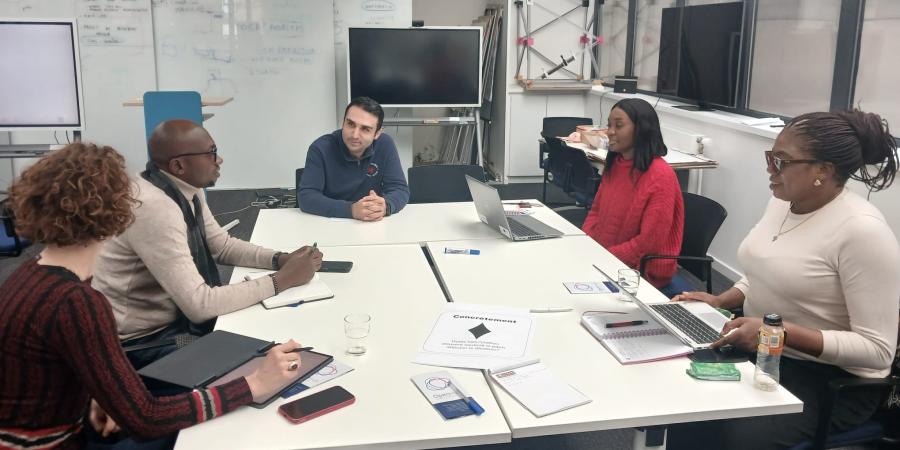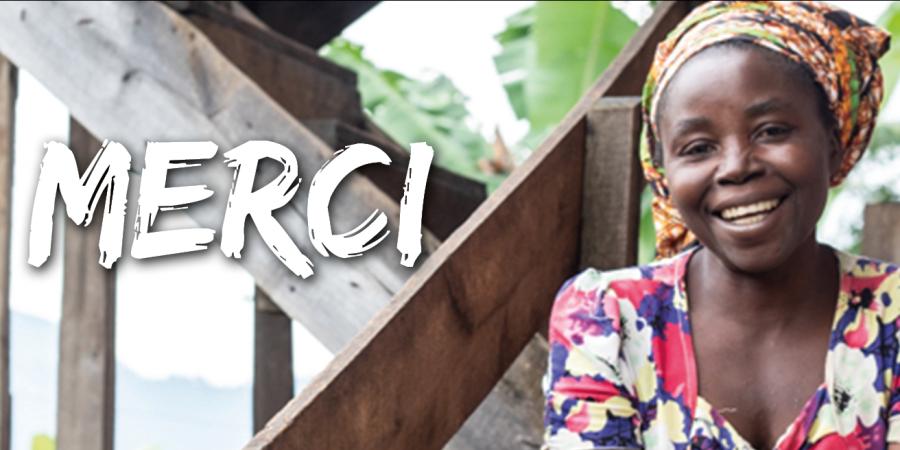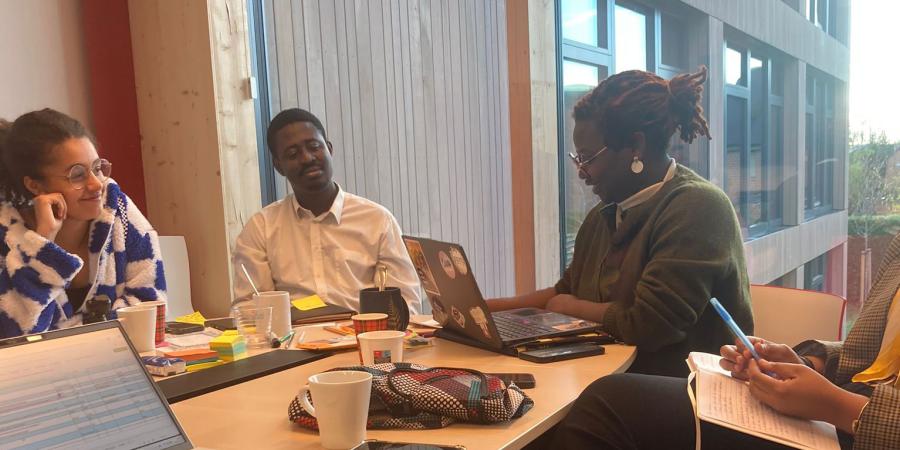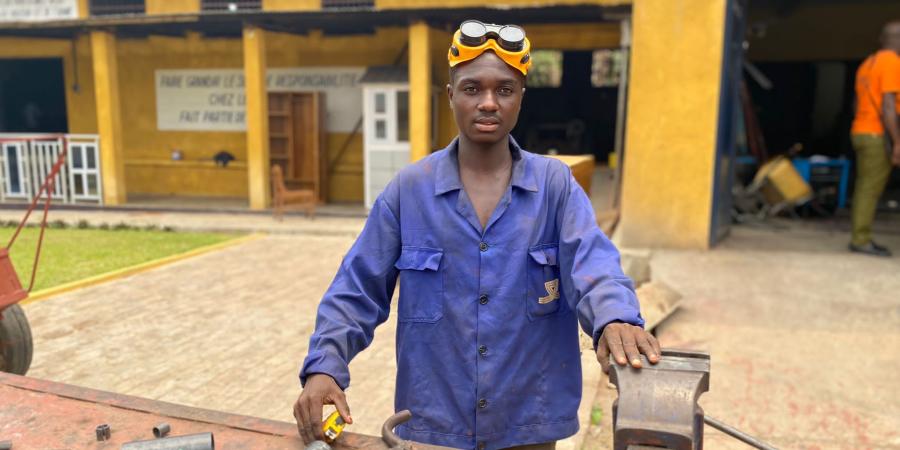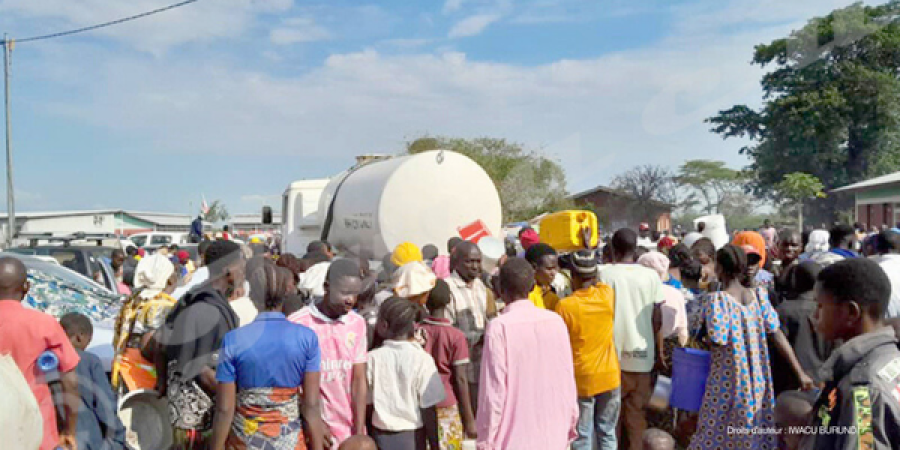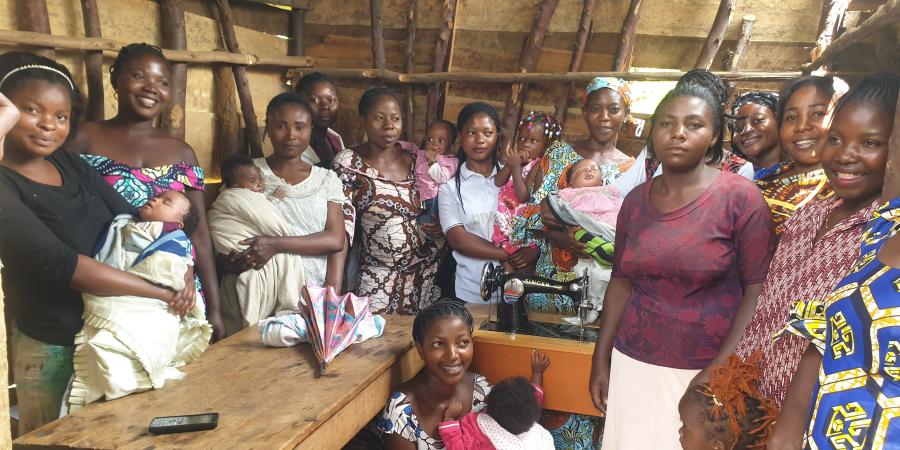“I find it great to positively change people’s lives”
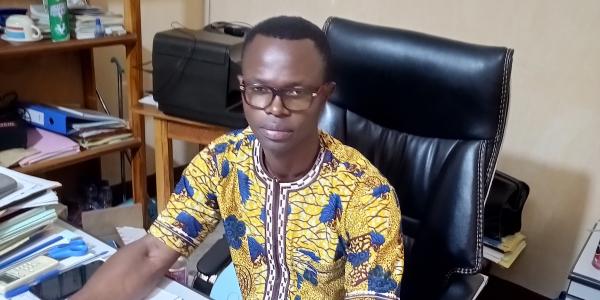
“I find it great to positively change people’s lives”
Michel Gnon is responsible for our programmes promoting sustainable food systems and mangrove ecosystems for Benin and Togo. Last week, he was in Louvain-la-Neuve. This is our chance to introduce him to you.
LC: What does your job involve?
MG: Specifically, I'm in charge of identifying and formulating projects and programmes related to sustainable food systems and mangrove ecosystems, and more generally, I work on issues of sustainable management of environmental resources. I also manage the planning and coordination of the implementation of these projects in Benin and Togo, which notably involves building the capacity of partners in their implementation.
LC: We often talk about capacity building for our partners? What does this mean in concrete terms?
MG: This work starts with a dialogue and diagnosis carried out with the partner, which enables us to identify their capacity-building needs. We then prioritise these needs and plan their implementation in line with their resources and our skills. This may involve training delivered by our team, but we can also mobilise skills at head office or externally, via a consultant. It all depends on the context and the needs; we don't do the same thing with every partner.
LC: What do you like about your job?
MG: What motivates me in what I do is being able to have an impact, to change a situation. To tell the truth, I got into the development world thinking I was going to spend one or two years there, but I stayed because I simply thought it was great to be able to make a positive difference to people's lives. To be able to help open people's eyes to their own reality and to the issues facing society.
LC: Do you hope, through this work, to bring about change in your country, Togo?
MG: It's true that I have a special thought for my country, but I mainly look at Africa and the World. The idea is to be able to help the most vulnerable populations get out of their situation, but also to better describe these situations to those who want to invest in African countries. The insight I bring to my contacts in the North seems to me to be invaluable in developing precision.
LC: What are the major challenges in your countries in terms of sustainable food systems?
MG: Our biggest challenge is that we are providing solutions in terms of availability, accessibility, use of healthy food in a community where there is a large part of the population that still has no choice: they have to produce to eat and survive and are unaware of the harm caused to the environment and their health. These people are going through a transition, so we have to be patient. It can be difficult at times, but we know that a certain threshold will have to be reached before the majority of people take up conventional production. In terms of constraints too, we're dealing with a population that is largely illiterate. It is therefore complicated for them to assimilate the training we give them in entrepreneurship or agricultural techniques. To meet this challenge, we offer them literacy courses.
LC: Your final word?
MG: I find the work carried out by NGOs in Togo and Benin very useful, particularly that of Louvain Coopération. I've worked with a lot of organisations on the ground and I find that LC has a particularly impactful approach and approach. The fact that we have this vocation to stay in an area for a while with partners ends up producing impacts that we don't see with other actions. Change takes time and is not always the preserve of a single project. It's only with several projects that we can introduce the changes we may have anticipated in the first project. So this LC approach seems to me to be a very good one, and that's why I enjoy working on it. It fits in well with my vision of development.

